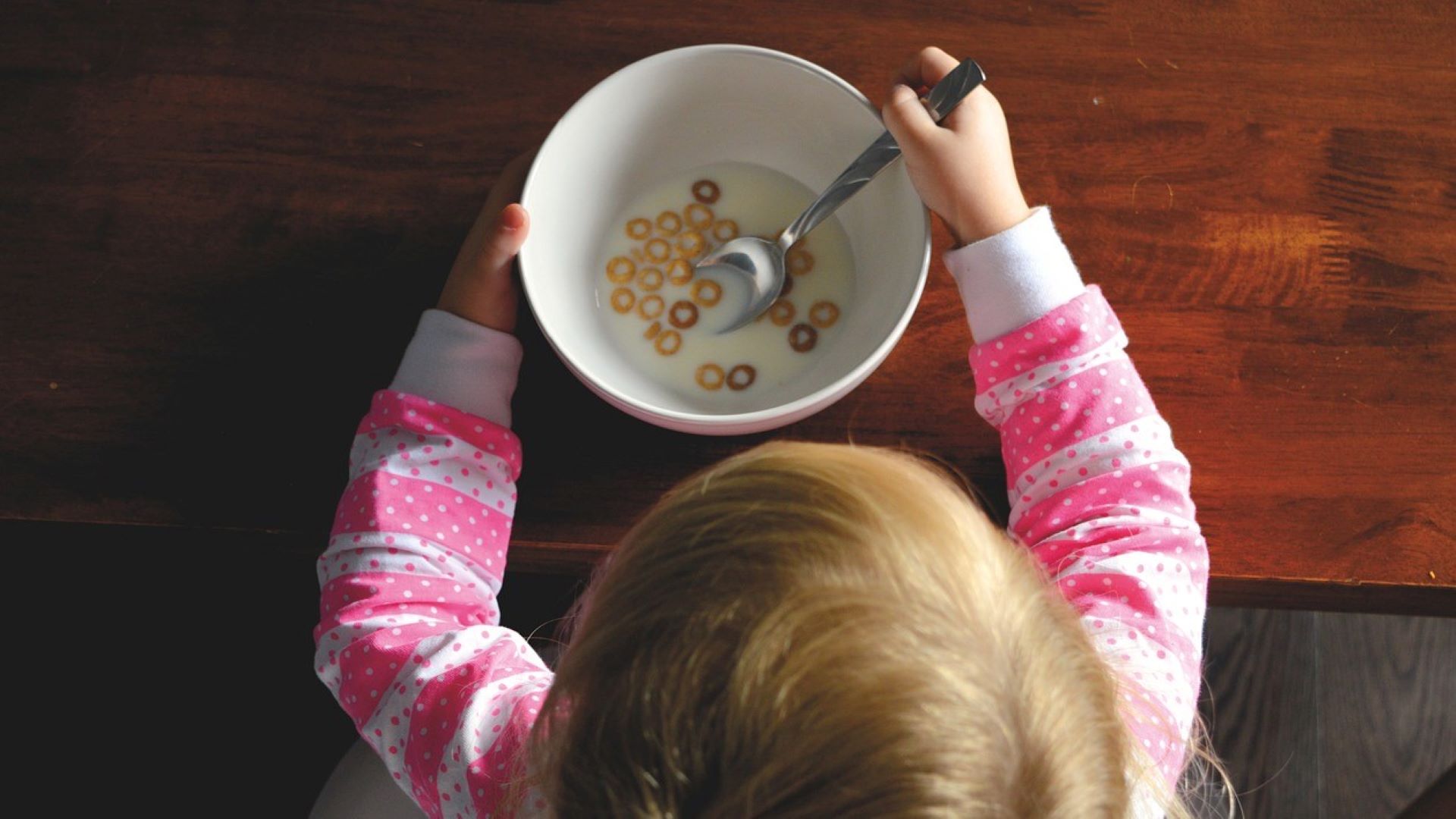The issue could not be more urgent. Earlier this week, A survey of frontline workers revealed that more than 85,000 UK children are living in destitution – the most extreme form of poverty.
“In the 43 years I have worked in this service, I have never experienced the level of child poverty we are seeing today in one of the so-called richest countries in the world,” one frontline worker said. “And for some children and young people, they can see no way out of this trap.”
How can the government tackle child poverty?
Action for Children costed different combinations of measures the government’s Child Poverty Strategy – due to report in the summer – could include to achieve the government’s ambitions.
They found scrapping the two-child limit and benefit cap to be the single most cost-effective policy option the government could implement, lifting 600,000 children out of poverty by 2030 at a cost of £3.9bn per year.
The two-child limit, however, is not enough by itself. If this was the only significant spending commitment in the strategy, more than a quarter (26%) of children would still be living in poverty by 2035.
To tackle this number, the government would have to increase universal credit above the rate of inflation – something they have indicated they will do, but not without various countervailing cuts to other benefits. This policy would reduce child poverty by 28% (1.2m) and cost £10.4bn a year by 2030.
Implementing all the measures in the model – including investment in employment support programmes, a real living wage, building 90,000 social homes a year and reforming child maintenance – would cut the child rate by half to 15% by 2045, returning it to levels not seen since the 1970s when fewer than one in five children were in poverty
Fixing poverty won’t be cheap, stressed Carberry. But it will save money in the long term.
“In the current fiscal climate, there’s no doubt this will require difficult choices – but poverty has a price too,” he said “This is a once in a generation opportunity to invest in our children – not only transforming lives but delivering massive economic benefits. Failing to do so will condemn more children to a life of poverty.”
If the government reduces the child poverty rate by 28% (1.2 million) by 2030, the policy costs of keeping it at that level for those children would be £80bn over their lifetime, but the benefits to society would be worth at least £164 billion through reduced public service demand, higher tax revenues and lower welfare spending.
Of course, it isn’t just an economic imperative – it’s a moral one.
Jasmine from Dorset has four children aged nine, seven, five and two. She has been struggling to make ends meet since separating from her children’s father, particularly as the two-child limit denies support to her two youngest children.
“I’m noticing that I’m trying to make money stretch further and it’s just not stretching,” she said. “So it could make a huge difference, just having a little more money to account for. I have four children, I don’t get any money for two of them. It’s not that I necessarily expect it – I do not. But would it help? Yes, let’s be honest, we’re in a crisis.”
Do you have a story to tell or opinions to share about this? Get in touch and tell us more. Big Issue exists to give homeless and marginalised people the opportunity to earn an income. To support our work buy a copy of the magazine or get the app from the App Store or Google Play.





